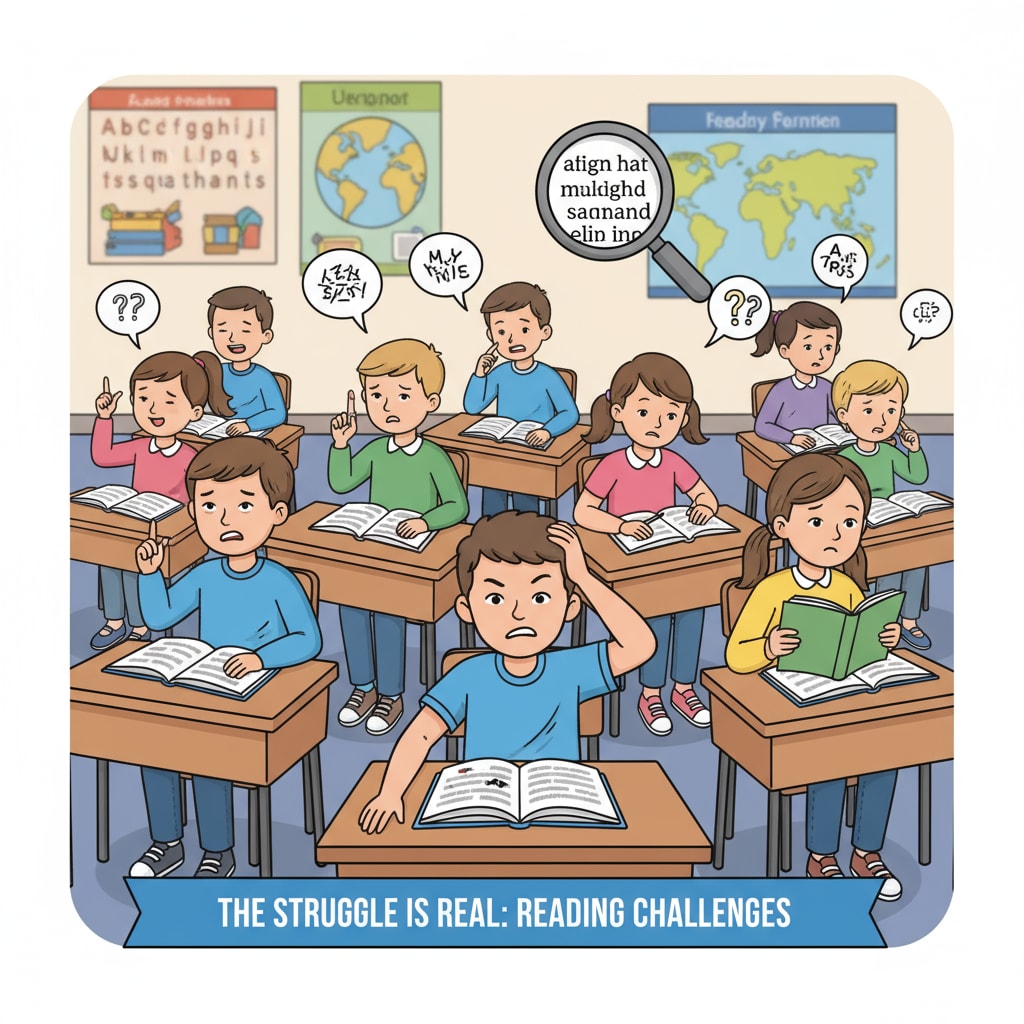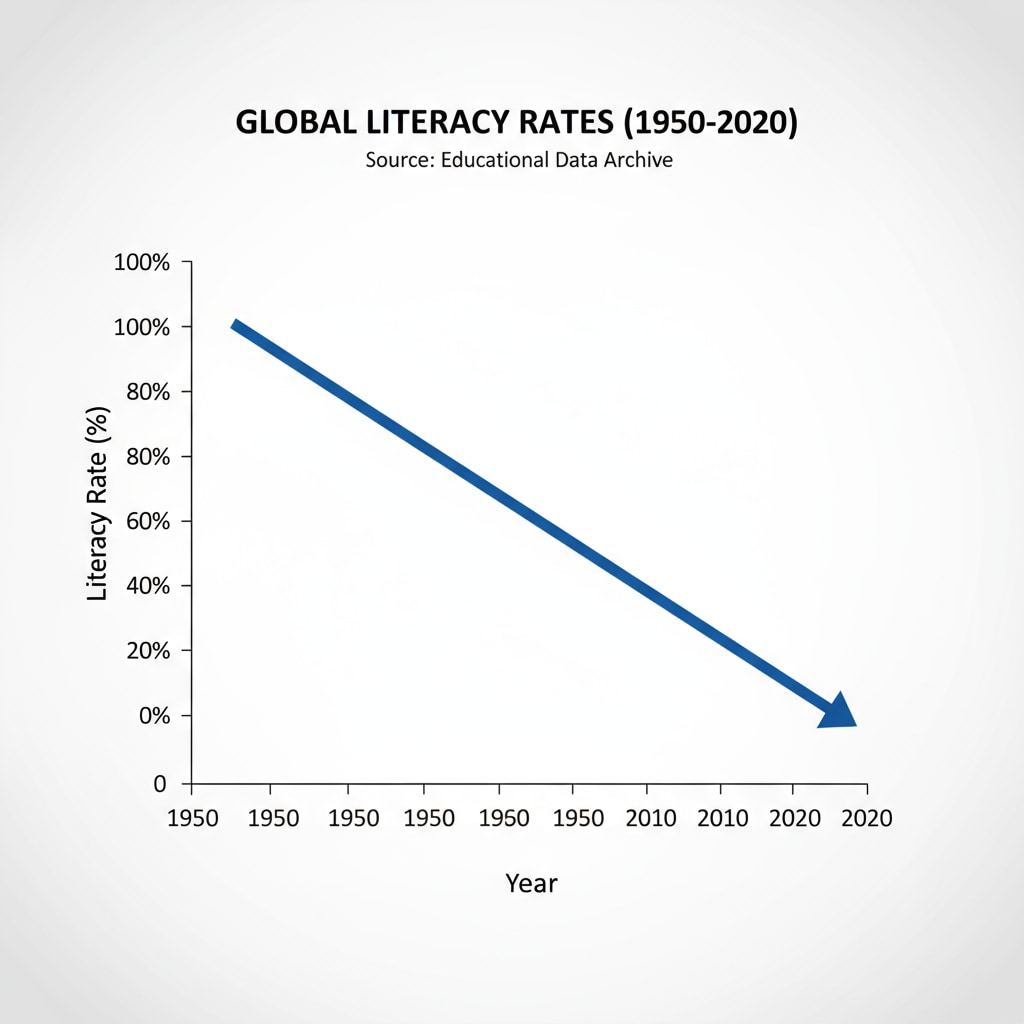In modern society, the connection between literacy, democracy, reading, and writing is more crucial than ever. The worrying decline in the literacy abilities of K12 students is not just an educational concern but also a potential threat to the very foundation of democratic systems.

The Alarming Decline in Literacy
The literacy rates among K12 students have been on a downward spiral in recent years. According to National Center for Education Statistics data, a significant number of students are not proficient in basic reading and writing skills. This decline can be attributed to various factors, such as the over-reliance on digital devices, a lack of engaging reading materials in the curriculum, and insufficient teacher training in literacy instruction.

The Pillars of Democracy and Literacy
Democracy thrives on an informed citizenry. Reading and writing are essential tools for citizens to access information, express their opinions, and participate in the democratic process. When literacy skills decline, people may struggle to understand complex political issues, evaluate different viewpoints, and communicate their own ideas effectively. As a result, the democratic decision-making process can be hindered. Britannica defines democracy as a system where power lies with the people, and literacy is what empowers the people to exercise that power.
Furthermore, a literate population is more likely to hold leaders accountable. Through reading, citizens can stay informed about government actions, and through writing, they can voice their concerns and demands. Without these literacy skills, the checks and balances that are fundamental to a democratic society may be weakened.
Readability guidance: We’ve presented the key issues regarding the decline in literacy and its impact on democracy. The use of short paragraphs helps to convey information clearly, and external links provide reliable sources for further exploration. Transition words like ‘furthermore’ are used to connect ideas smoothly.


